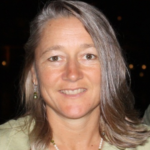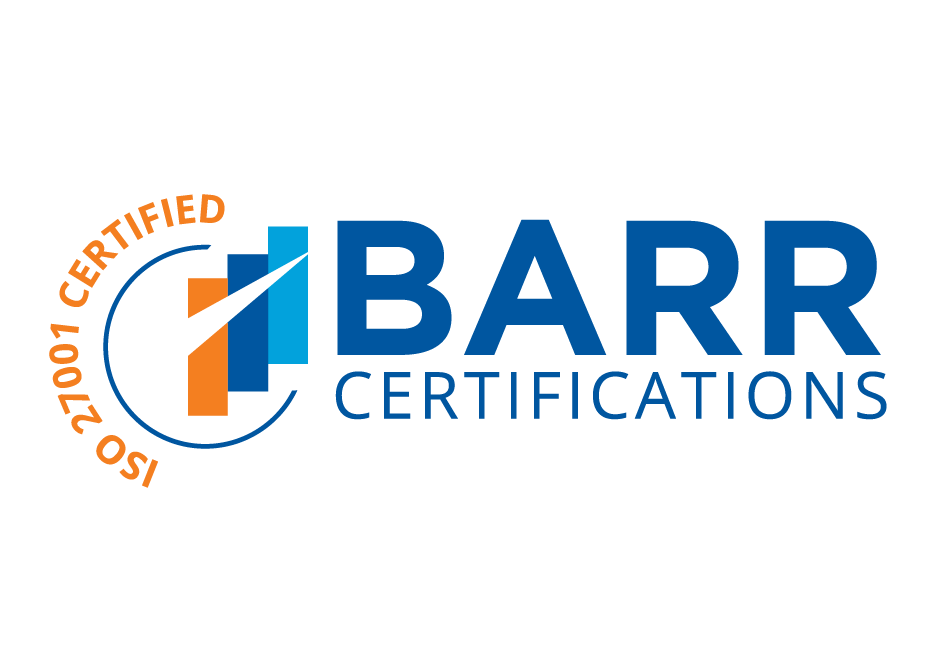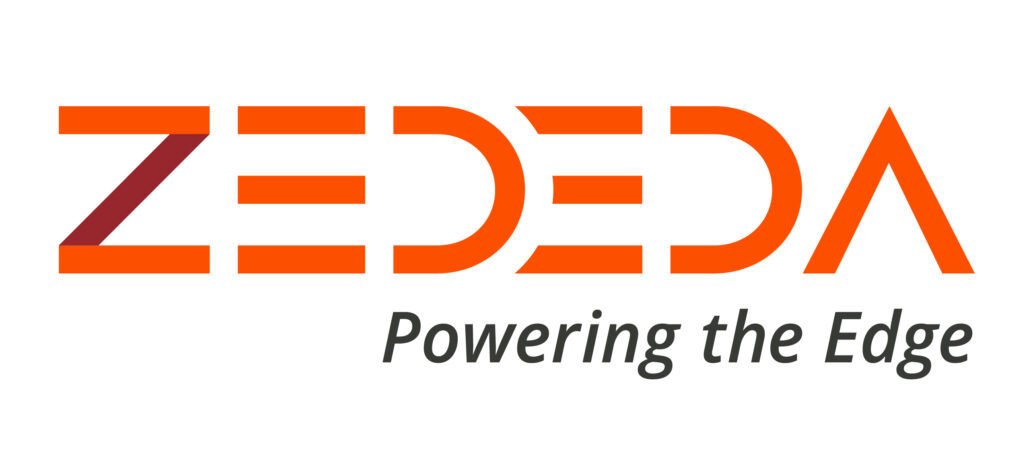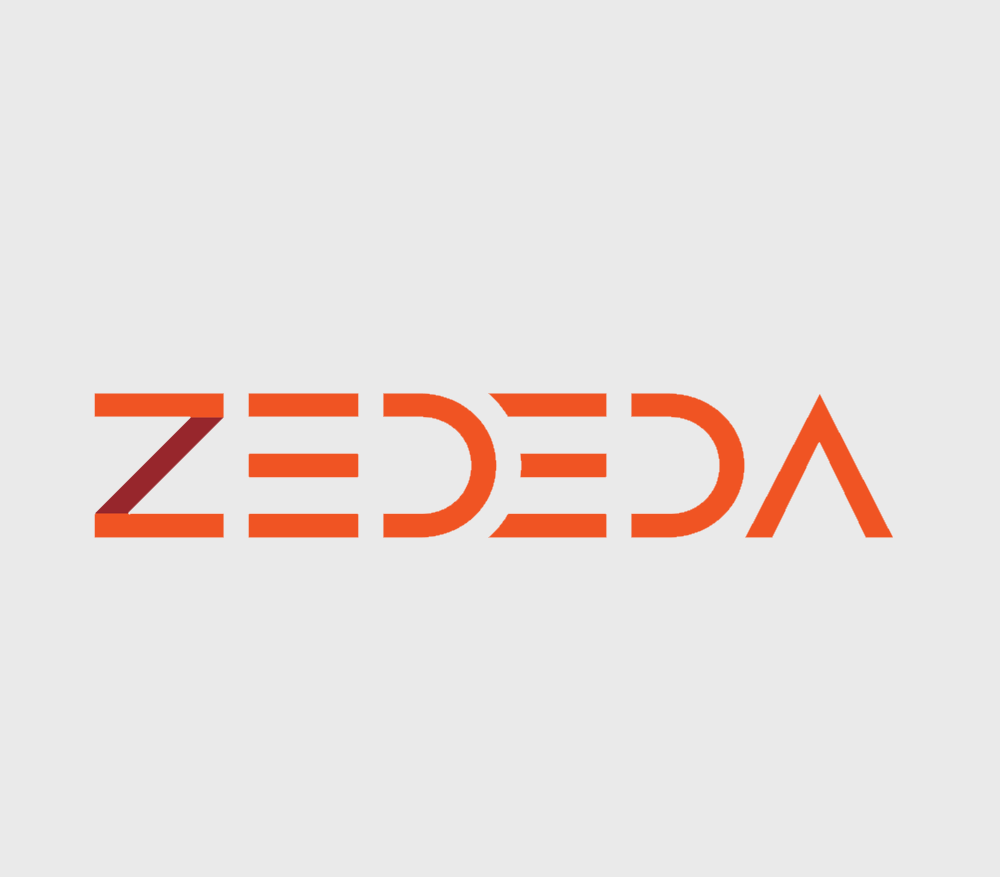![]()
Image courtesy of Kathy Giori
Ever read about a new technology paradigm that sounds amazing, but that offers so much capability that you’re afraid to open the door and step inside? I’m pleased to announce that ZEDEDA is rolling out a new developer program that aims to make “entering that door” a more welcoming experience. The program will simplify how developers can evaluate ZEDEDA’s commercial orchestration cloud up front, so there’s no need to re-architect their IoT and edge computing solutions for management and security at scale, once past a proof-of-concept (PoC) stage. The program will also let developers realistically experiment with secure edge orchestration while running the open source EVE-OS on widely available and affordable hardware such as the Raspberry Pi 4, Intel NUC, and Jetson Nano.
Successful explorations into IoT and edge computing always start with a use case based on a real business need, followed by an application stack to deliver on that use case. At this early stage, most developers aren’t concerned about management and security, rather they just want the fastest and easiest path to “Hello World.” However, a common problem is that often only after a successful PoC does a developer begin to worry about the importance of secure edge orchestration and software lifecycle management. At this point, a developer is likely to have to re-architect their solution for production to make it scalable and secure.
Our developer program will provide a foundation that’s already secure and scalable for real-world deployments but that doesn’t interfere with achieving a fast path to “Hello World”. Developers can deploy their own applications or any of the apps available in our growing marketplace. And because EVE-OS runs on a variety of hardware, a company’s move to production means they can easily replace cheap hardware with enterprise-grade platforms, without affecting their edge applications and secure management framework.
During the initial phase, we will be selectively inviting developers from several key edge computing communities. Once a few real-world tutorials are ready, we will evolve the program to welcome developers to apply directly through www.zededa.com (but with limited enrollment). We plan to formally launch the program for general availability later this year, allowing self-signup with a free 30-day trial of our commercial cloud orchestration solution — ZEDCloud.
The program will be focused on the following three goals:
- Make it easier for end users and developers to explore ZEDEDA cloud-managed edge nodes running EVE-OS, in addition to fast-tracking PoCs on a secure and scalable foundation
- Increase overall adoption of EVE-OS, making it like “the Android of the edge” to help unify a diverse ecosystem of edge hardware and software
- Grow the Project EVE developer community, including encouraging contributions from silicon vendors and hardware manufacturers, so that customers can more easily buy hardware with EVE-OS pre-installed
I’m also pleased to announce that Kathy Giori has joined ZEDEDA as our ecosystem engagement lead! Her focus will be on the open source community projects, and her first priority is to help build out the ZEDEDA developer program to take advantage of EVE-OS running on popular and affordable hardware.
Kathy has a deep background in building open source communities and fills her desk with developer and educational hardware, from Raspberry Pi’s down to small microcontroller boards that can be programmed using MicroBlocks, a learning tool for physical computing. Previously at Mozilla, she worked on the WebThings Project, which complements MicroBlocks to enable learners to build their own IoT devices and manage them over the web. Kathy has also held senior roles at Arduino, Qualcomm Atheros, a few startups, and more. She is super keen on equity of access to students across the globe to obtain a good STEM education.
And with that, I’ll hand it over to Kathy!
How is it that I keep finding myself working to bridge open source communities with industry? I have a theory. The ability to lead and/or contribute to quality open source projects takes a special talent and courage, and a collaborative mindset. By embracing open source, I’ve had the privilege to meet and work with some of the smartest people on the planet. The creativity and innovation behind Project EVE is no exception.
Initial hardware options will be the Raspberry Pi 4 and Intel NUC, with the Jetson Nano being added shortly thereafter. Images for each base hardware option will be hosted and supported within the Project EVE community (and they are easy to build yourself). Developers will have the option to use the open source controller (within Project EVE) as well as to take advantage of a free 30-day trial of the ZEDEDA cloud solution. Over time we will be adding more hardware, based on contributions from a growing number of hardware vendors that are working with EVE-OS.
As part of the program, I’m excited to explore and think creatively about this new paradigm of pushing cloud-native applications closer to the edge, closer to my comfort zone of lightweight embedded Linux and even smaller IoT products. But it’ll be a fun challenge working outside my comfort zone as well, to bring popular OSS application communities such as Kubernetes, TensorFlow, Fledge, EdgeX Foundry, OpenVINO, and more, to EVE-OS. ZEDEDA provides the tools, the support, and the integration with ecosystem partners (e.g., Microsoft Azure IoT) to enable these complex solutions to become commercially viable.
We’ll begin by offering quick start guides that lead developers to achieve “Hello World” success in short order. In parallel we’ll be collaborating across the partner ecosystem to generate more real-world tutorials that will inspire customers to be first to introduce new edge solutions into the market. And finally, we welcome academic participation to further innovate upon the OSS elements of this new paradigm, and to leverage and teach the importance of embracing open source technology.
Stay tuned for more details on the program as it evolves and grows over the next few quarters. If you would like to get involved faster, join the Linux Foundation Project EVE, and connect with us live on the LF Edge community Slack channel (#z-dev-program). Happy hacking!





